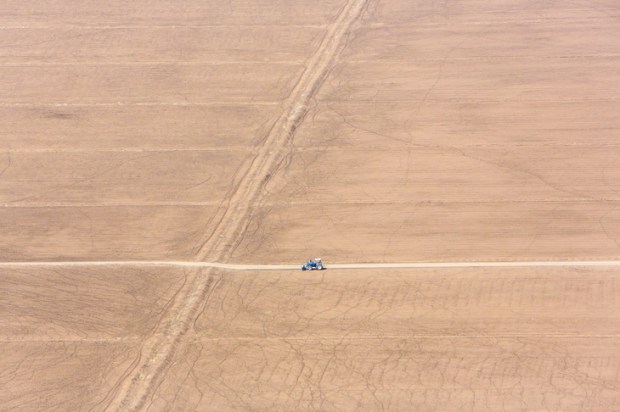
Indian Ocean
As a child I wandered Kenya’s north shore beaches. On coral reefs I hunted rare cowries. The Bajunis in their outrigger canoes taught me how to fish. I knew my nudibranchs from my trepangs. Inland it was still mostly wild forest, teeming with birds and elephants that amazingly came down to swim in the ocean. I remember windswept blue ocean and white sands scattered with nautilus shells, whale bones and ambergris.
I often say how, in 1977, my father took us to the island of Lamu up near Somalia. He wanted to make a home away from the development of the coast farther south. The flying doctor Anne Spoerry had a house at Shela. A couple of elderly British gays lived in Lamu town. And Dad shook his head and lamented, ‘We’re too late. There are already too many Europeans.’
Since then, what has been inflicted on our pristine coastline resembles a toxic version of the novelist Carl Hiaasen’s Florida. The story features a cast of corrupt politicians, perverts, tycoons, dumb blondes, exploited tribes and eco-activists. Hotels dump faecal waste in the sea; dreadlocked gigolos — known as ‘rasta-tutes’ or ‘rent-a-dreads’ — squire middle-aged white females on our beaches. Beyond the horizon, trawlers rip out the guts of the world’s last intact tuna fishery.
It is holiday season here. I greatly enjoy the influx from Nairobi’s suburb of Karen, known as Karen-ation Street, mainly because it features the arrival of the district’s glamorous females known as Footballers’ Wives. To a country boy like me they have such perfect nails and hair. I am just studying my Tusker beer, with its beaded bubbles winking at the brim, when a Karen WAG comes up and tells me she is buying a virgin plot on the beach. I think, ‘Europeans here used to save lions. Now they just spend money.’ And Africa, they say, is known as the last buying opportunity.
The Footballers’ Wives head up the coast, where the forests I once knew have become degraded scrub. Plots are going for a song. The vendors are Giriama villagers. They invaded the land as squatters. The coconuts they planted after burning the forest could not be sold, so they brewed alcohol from them and passed the days in numbed bliss. Suddenly, before the last elections, the President arrived and handed out title deeds in a vote-buying ploy. The Footballers’ Wives race up and down the dunes after those title deeds, elbowing each other out of the way as they do in the Dairy Section of the Karen supermarket. Soon it will resemble Lamu, which, since my father took us on that 1970s trip, has become a version of tulip fever. In Lamu, plots go for millions of dollars. Once, the island’s sea plots were valueless as in Greece, where only women inherited beachland. But, today, dunes that absorb the island’s fresh water are being built on and this threatens to puncture the membrane protecting the aquifer sustaining the island.
Houses going up on our coast violate the riparian zone where turtles nest. Cultural sensitivities do not exist: houses are Moroccan in style, or modern, or they look like wedding cakes crossed with Mississippi steamboats. Imagine Africa’s entire shoreline fringed by beach bars, yoga retreats and concrete sea walls. At last, it all stops in Somalia: and I say, bless those warlords, pirates and jihadists. Then come the stories of rip-offs. One man I know just had his beachfront property taken away from him after a court battle. He produced a title deed issued in 2005. Quick as a flash, his rival had a title rigged up that was dated 2003 — which was before the land had even been adjudicated. And the most shameful part about this story is that, a bit like London during the property boom before the fall, few of us are immune to the seductions of owning a piece of the beach. Even I am looking at the plots myself.
Got something to add? Join the discussion and comment below.
Get 10 issues for just $10
Subscribe to The Spectator Australia today for the next 10 magazine issues, plus full online access, for just $10.














Comments
Don't miss out
Join the conversation with other Spectator Australia readers. Subscribe to leave a comment.
SUBSCRIBEAlready a subscriber? Log in